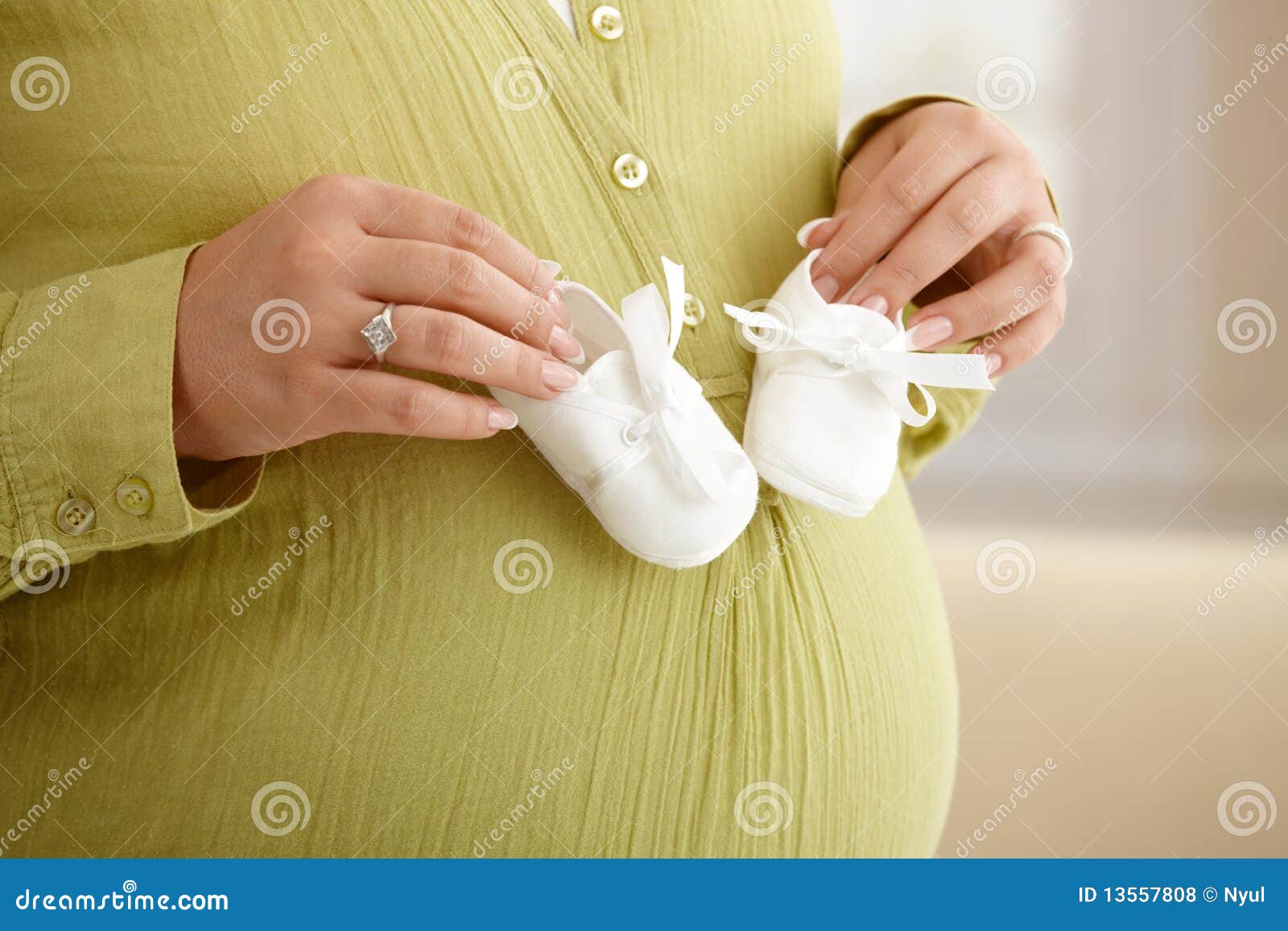..............a fatal battle between the mother and child’ s blood group

Kambili Satara, 28, has had series of miscarriages in her
5years old marriage. She lost three of her babies to miscarriage, and ones
which could have been her source of joy turns out to be still births.
Tongues began to wag. While some said kambili is not strong
enough to deliver a baby, others swore she is a witch. However, other
sympathizers encouraged them to continue trying. And though kambili and Thors, her husband
tried conceiving again, all the babies died one after the other. This was
kambili’s case until she met me.
I was window shopping when she tapped me, and took me
through all her travails. Being a
midwife, I was quick to notice something was amiss, and so I invited her for a
medical check-up in a hospital where I work. However, medical investigation
soon revealed the cause of her problem, as series of test showed an
incompatibility between mother and child’s blood groups. Doctors said they were
rhesus incompatible.
Another woman, Benita who was pregnant during her second
year in the university but terminated it had similar experience. At the time
she terminated the pregnancy she did not know her blood group or rhesus status.
Subsequent attempt to give birth later proved futile as her babies died one
after the other. Her babies ‘were declared Abiku/ ogbanje (babies who would
stay because they are possessed).
The predicament of these two women is typical of the
situation many other African women find themselves. Rhesus incompatibility is a
serious condition. A rhesus negative woman who gives birth to a rhesus positive
baby would encounter problems.
Expert who spoke to House of Blossom emphasised that rhesus
incompatibility occurs between an unborn baby and its mother as a result of the
generation of antibodies by the mother’s immune system against the babies red
blood cells.
Senior medical officer, General hospital, Oro, Kwara State, Abdullahi M.O asserted that rhesus
disease also called rhesus
isoimmunisation usually occur in subsequent pregnancies of rhesus negative woman, where the husband is
rhesus positive leading to a rhesus positive pregnancy. Mother would be exposed
to the rhesus positive in the first pregnancy, leading to the development of
antibody against the antigen (Rhesus D). However, the anti body may not have
much effect on first pregnancy, but usually affect subsequent pregnancies. A
sensitized woman continues to produce Rh antibodies throughout her life; this
means that in a second or later pregnancy, an Rh positive baby is at risk for
more severe Rh disease.
“Therefore
rhesus status is determined by the presence of Rhesus factor D; positive if
present, negative if not. And how to know your rhesus factor is purely
determined by doing blood group type testing, commonly called blood group”
Meanwhile another health expert Ibitoye .M. Arinola has said
that rhesus disease could be prevented by ensuring sound antenatal visit. Moreover,
Rh disease can be avoided if sensitization is prevented. If a Rh negative woman
has not been sensitized to RhD positive blood, an injection of anti-D
immunoglobulin can prevent being sensitized. If no sensitization occurs, rhesus
disease cannot develop.


That's true dear, may our dear parents reap the fruits of their labor... Kudos to u eternal
ReplyDelete